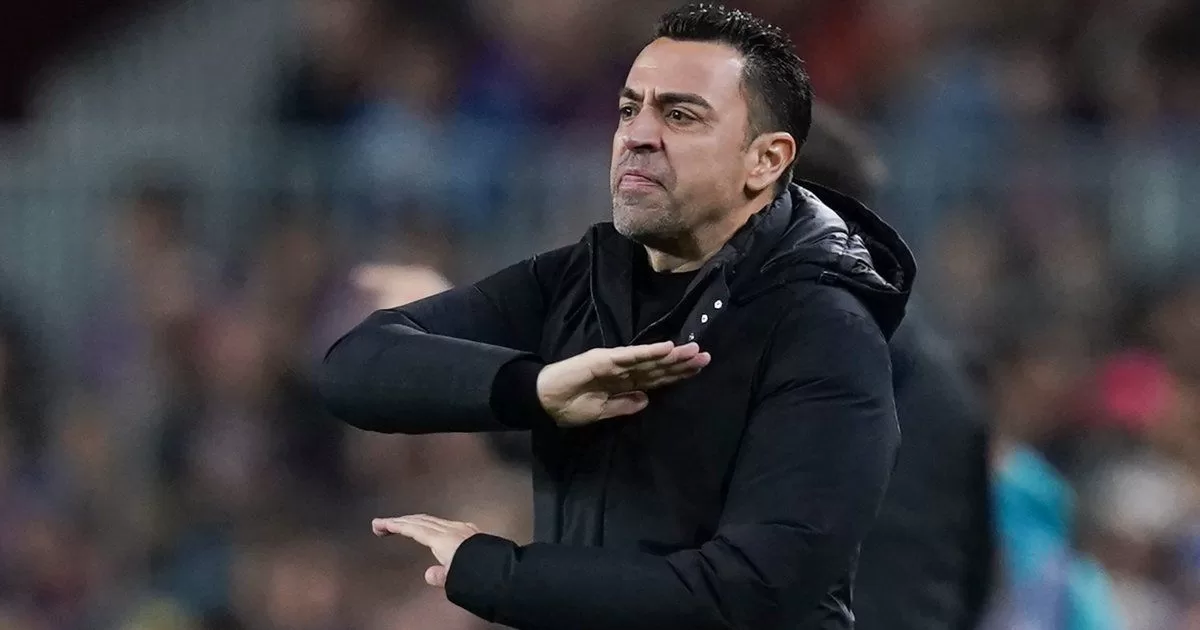The Russian adviser for market reforms in Cuba and head of the Cuban-Russian Business Committee, Boris TitovI affirm that “Cuba is today the Soviet Union of the late 80s” and that it is a niche market opportunity.
“Cuba today is Russia, more precisely the USSR of the late 80s. Basically, everything is prohibited, but something is already allowed. Cooperative restaurants are already working,” Titov said during a meeting with members of the Moscow Business Assembly.
According to the economic adviser, in Cuba there is still a huge underground and dollarized economy that needs to emerge, for which political reforms and “a complete reform of the market” are required.
“There are still few investors in Cuba, except the Spanish. Because the regulation is still strictly communist. So far there is not much market there. But there are opportunities,” said one of the top economic advisers to Vladimir Putin.
Thirty-three years after the fall of the Berlin Wall and the dissolution of the Soviet Union, Titov considered that now the Cuban authorities are thinking about how to start opening up to the world.
“That Cuba opens up to the world with all its magnificent possibilities and that the world opens up to Cuba”said the Pope John Paul II on January 21, 1998 upon arrival on the Island.
Three years earlier, in 1995, the European Union (EU) produced a document explaining “why a peaceful and successful transition in Cuba towards a market economy and political pluralism inevitably requires the creation of new international and regional ties.”
“Since 1989, after the disappearance of the CAME, which meant the rupture of its only international link, changes have taken place in Cuba. Economic reforms have already been adopted and others have been announced. The opening of all sectors of Cuban life to the outside world, even if it is progressive, will have profound repercussions in terms of social changes,” indicated the COM (95) 306 final of the EU.
Decades later, the Vatican and the European block are still waiting for that opening that they wanted and announced in the 1990s, and that the Cuban regime has not carried out, despite constant maneuvers and declarations pointing to “changes” that are never quite substantial and that only pretend to make up an essential system to maintain the totalitarian power of the regime.
“I think there will be serious development with the support of the state,” Titov, who visited Havana at the end of January, said Thursday accompanied by Russian experts from the Stolipin Institute of Growth Economics. with the objective of creating a Center for Economic Transformation to promote reforms in the Cuban economy.
Highlighting Russian assistance to Cuba, mainly with energy resources, the businessman insisted that Cuba requires a complete reform of the market that encourage Russian investors to “develop promising new markets”, according to the Financial Markets Magazine Financial One.
For the Siglo XXI ideas laboratory, an independent organization of Cuban civil society based in Madrid, the agreement to create a Center for Economic Transformation to promote reforms in the Cuban economy confirms its “transition towards a market mafia state like the of Putin”.
“Those forces that in democratic countries with the rule of law and free markets have been advocating for constructive relations with the Cuban power elite must discard illusions and take due note that it has already decided, formally and publicly, to ‘modernize’ its mafia State in close alliance with the worst enemy of the West at the moment: Putin’s Russia,” the center said in a statement.
In mid-May, Titov revealed that the Cuban regime had offered Russian companies the right to make use of usufruct of the land of the island for a period of 30 years. “They are giving us preferential treatment,” Titov admitted in a speech at the Hotel Nacional, in which he added that “the path is clear,” since it is a privilege rarely granted to foreign companies in Cuba.
During his speech, Titov boasted that the Caribbean authorities have decisively opened the doors to a rapid increase in Russian investments in Cuba, for which they have important benefits to offer.
In addition to the transfer of land in usufruct or tax exemptions, Titov alluded to other joint plans, such as the early opening of a store for the sale of Russian products to the population on the island.
“A lot is being done for Russian investors, there are preferential conditions,” Titov said last January. “Everything will be fine,” he said last Thursday, referring to the shopping center with Russian food products and household goods that they plan to open in Havana.
Titov’s optimism and his comparison of current conditions in Cuba with those of the Soviet Union at the end of the 1980s raise fears of advice for the opening of the market similar to that carried out by the hand of Boris Yeltsin: some reforms that led the Russian transition from socialism to capitalism hand in hand with corruption, mafia practices and the creation of a kleptocratic oligarchy that ended up functioning as the economic arm of the Putin regime, markedly authoritarian, repressive and illiberal.


